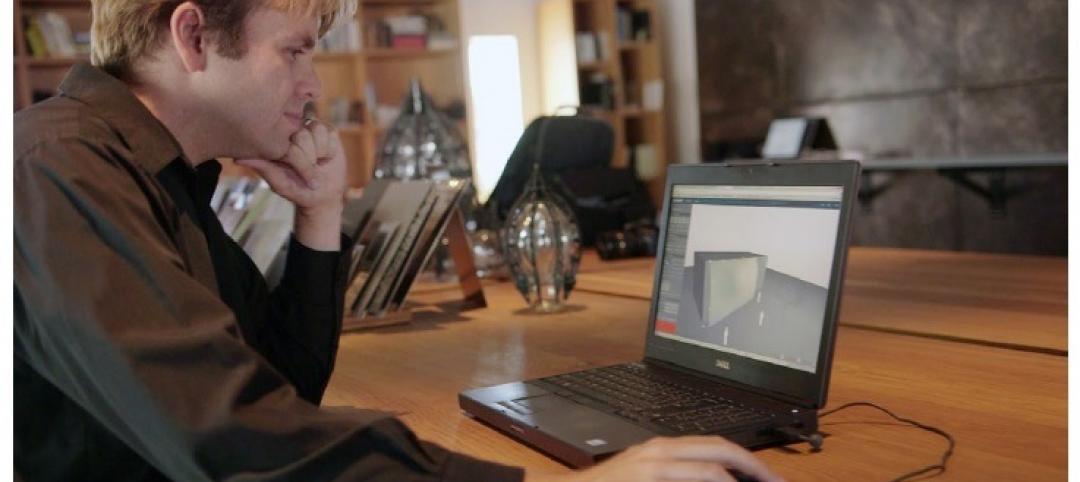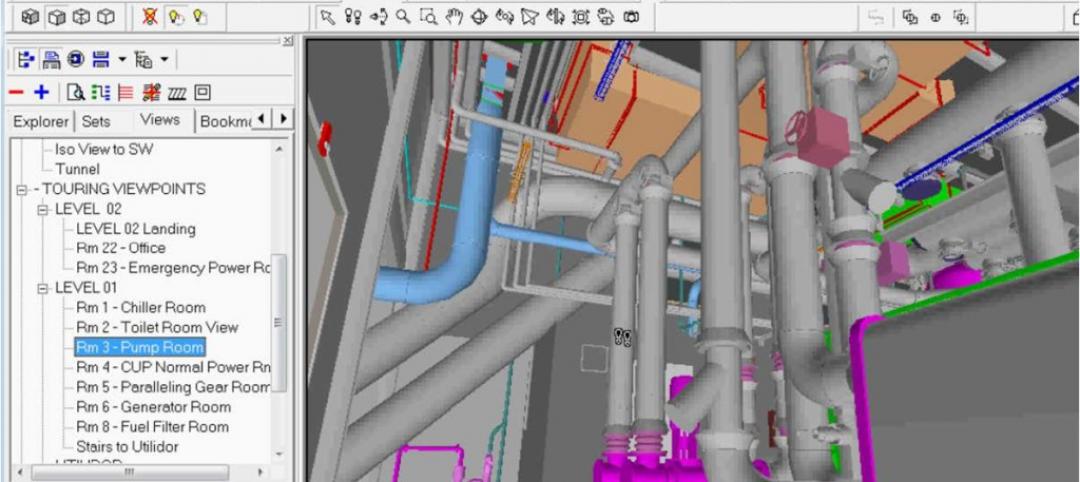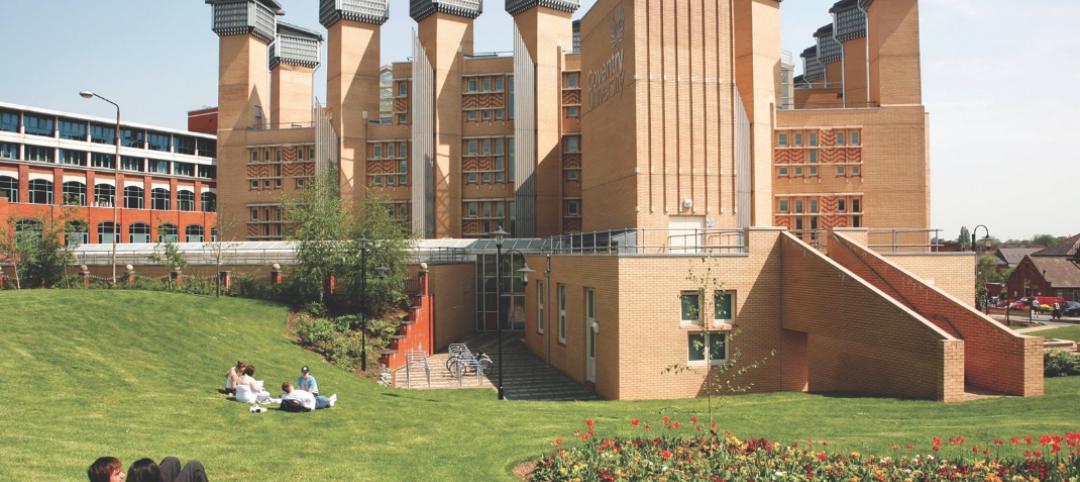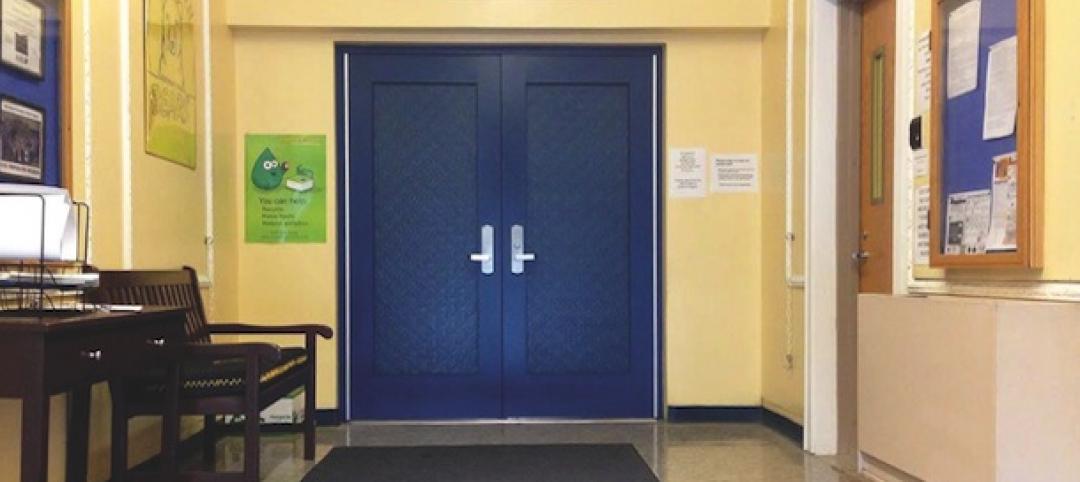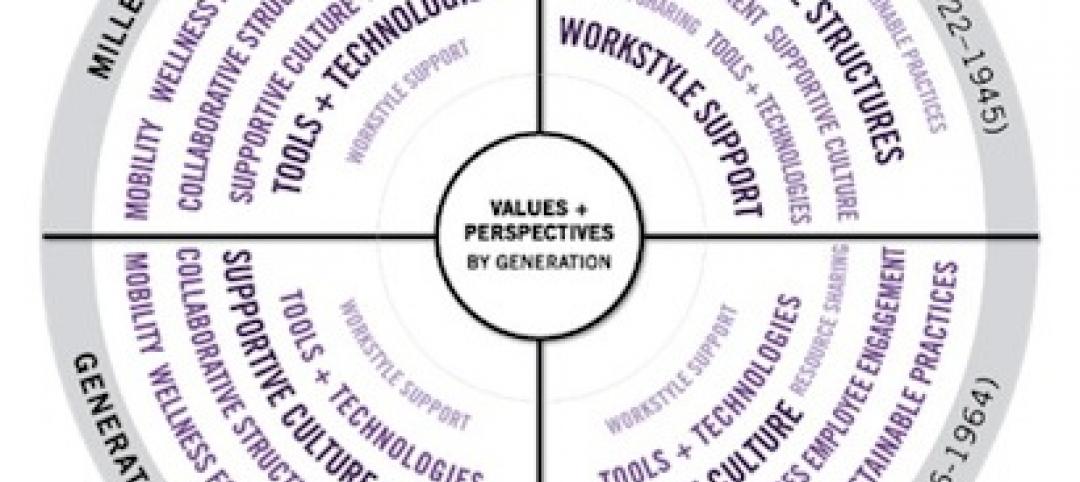Baruch College and the Steven L. Newman Real Estate Institute, together with the CUNY Institute for Urban Systems Building Performance Lab, will host an inaugural day-long conference Thursday, June 21, 2012, to introduce Energy Asset Management, a compelling high-yield approach that views energy comprehensively, across an entire portfolio of buildings.
“The industry is ready for the next step,” said Jack S. Nyman, NREI’s director and host of the event. “Operational efforts to save energy in individual commercial buildings have become routine. Operations have to be viewed in their totality if true efficiencies and substantial cost-effectiveness are to be realized. This conference will show property owners, their managers, and real estate asset managers how.”
NREI research – supported by the U.S. Department of Energy [U.S. DOE] and the New York State Energy Research & Development Authority revealed that top-level real estate professionals have been ignored as the industry has pushed to get sustainability measures in place. “The focus was on the boiler room, but true yield comes at the boardroom level,” Mr. Nyman stated.
Topics at the conference, which will take place at Baruch College’s William and Anita Newman Conference Center, 151 East 25th Street, will address how to:
- Execute integrated retrofits to ensure long-term energy savings
- Implement energy performance assurance
- Identify the best emerging practices in O&M
- Create informative, useful financial models
- Navigate and interpret energy audits
- Satisfy ever-increasing regulatory compliance
- Train the green team
- Develop solutions to the split incentive
Conference funding reflects wide industry interest in Advanced Energy Performance, Energy Asset Management, and NREI’s leadership in sustainability training. The conference is registered with the American Institute of Architects, ASHRAE Continuing Education, and BOMI International, which will give attendees continuing education credits for participating.
Go to http://aepconference.com/ for more information. Registration begins at 8 a.m. The conference closes at 5 p.m. +
Related Stories
| Jan 13, 2014
Custom exterior fabricator A. Zahner unveils free façade design software for architects
The web-based tool uses the company's factory floor like "a massive rapid prototype machine,” allowing designers to manipulate designs on the fly based on cost and other factors, according to CEO/President Bill Zahner.
| Jan 13, 2014
AEC professionals weigh in on school security
An exclusive survey reveals that Building Teams are doing their part to make the nation’s schools safer in the aftermath of the Sandy Hook tragedy.
| Jan 13, 2014
6 legislative actions to ignite the construction economy
The American Institute of Architects announced its “punch list” for Congress that, if completed, will ignite the construction economy by spurring much needed improvements in energy efficiency, infrastructure, and resiliency, and create jobs for small business.
| Jan 12, 2014
CES showcases innovations: Can any of these help you do your job better?
The Consumer Electronics Show took place this past week in Las Vegas. Known for launching new products and technologies, many of the products showcased there set the bar for future innovators. The show also signals trends to watch in technology applicable to the design and building industry.
| Jan 12, 2014
The ‘fuzz factor’ in engineering: when continuous improvement is neither
The biggest threat to human life in a building isn’t the potential of natural disasters, but the threat of human error. I believe it’s a reality that increases in probability every time a code or standard change is proposed.
| Jan 12, 2014
5 ways virtual modeling can improve facilities management
Improved space management, streamlined maintenance, and economical retrofits are among the ways building owners and facility managers can benefit from building information modeling.
| Jan 11, 2014
Getting to net-zero energy with brick masonry construction [AIA course]
When targeting net-zero energy performance, AEC professionals are advised to tackle energy demand first. This AIA course covers brick masonry's role in reducing energy consumption in buildings.
| Jan 10, 2014
What the states should do to prevent more school shootings
To tell the truth, I didn’t want to write about the terrible events of December 14, 2012, when 20 children and six adults were gunned down at Sandy Hook Elementary School in Newtown, Conn. I figured other media would provide ample coverage, and anything we did would look cheap or inappropriate. But two things turned me around.
| Jan 10, 2014
Special Report: K-12 school security in the wake of Sandy Hook
BD+C's exclusive five-part report on K-12 school security offers proven design advice, technology recommendations, and thoughtful commentary on how Building Teams can help school districts prevent, or at least mitigate, a Sandy Hook on their turf.
| Jan 10, 2014
Resiliency, material health among top AEC focuses for 2014: Perkins+Will survey
Architectural giant Perkins+Will recently surveyed its staff of 1,500 design pros to forcast hot trends in the AEC field for 2014. The resulting Design + Insights Survey reflects a global perspective.



